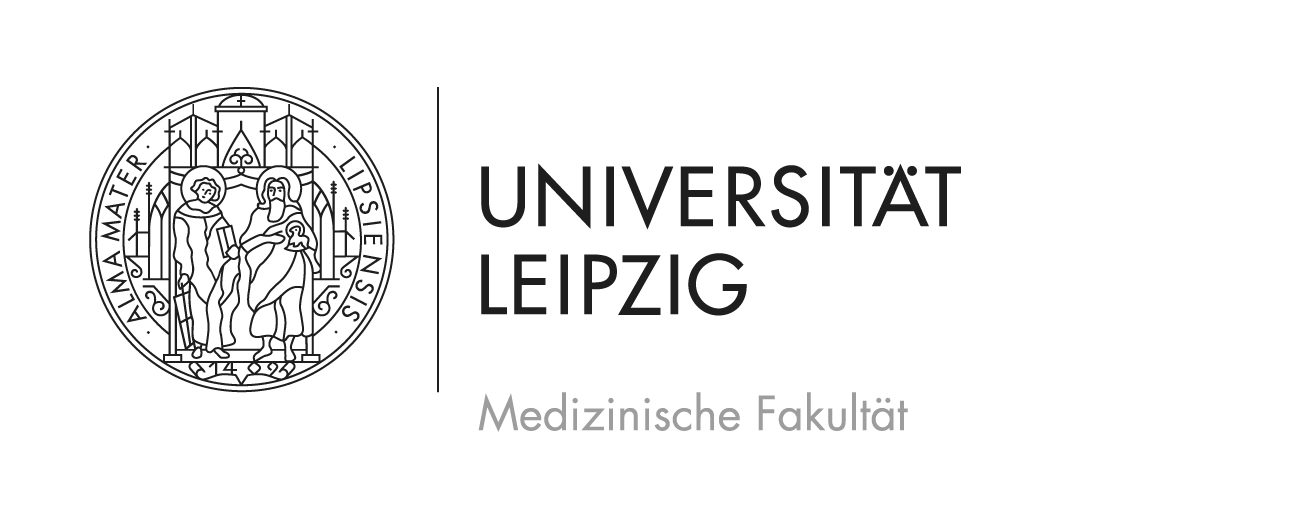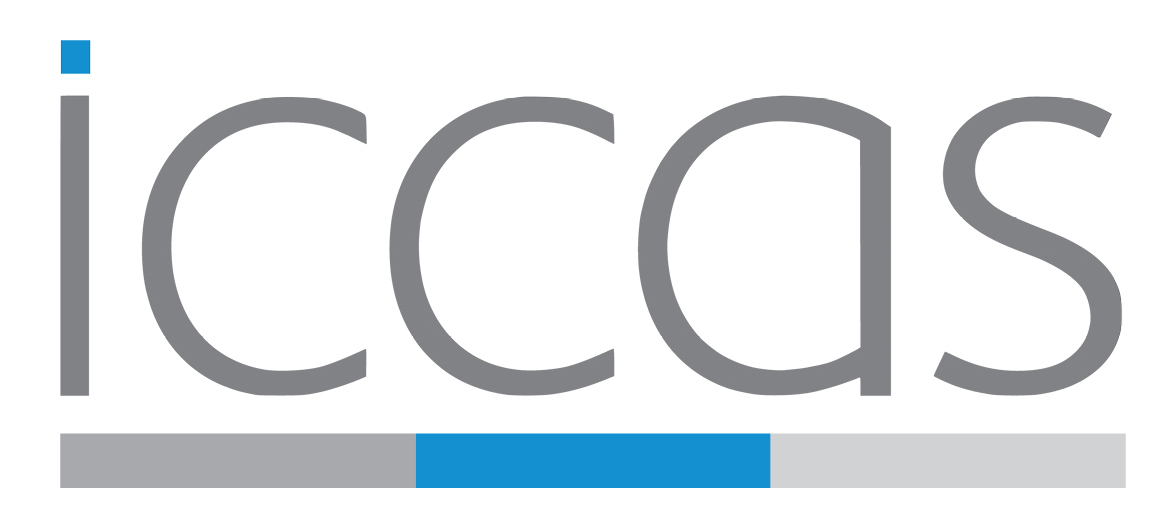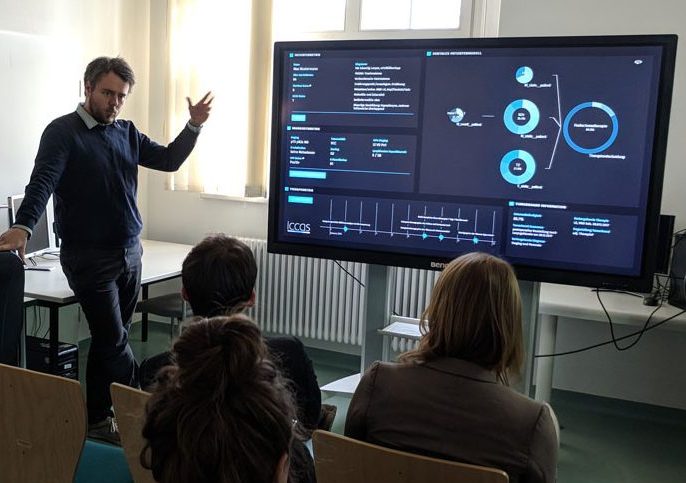

OPEN DAY – 15 Years ICCAS – Postponed! Due to the current situation we will postpone our open day which was planned for May 13, 2020. A new date will be announced in time. Thank you for your understanding.
ICCAS is opening the doors again to give insight into its diverse research work. The scientists will present the latest research results by means of vivid exhibits and hands-on activities.
At seven stations you will gain unique insights into the (further) development of trend-setting biomedical and technical assistants and can inform yourself about the following topics:
Artificial intelligence in the operating theater
The scientists demonstrate how devices from different manufacturers communicate with each other in a fully networked operating theatre and how artificial intelligence supports the surgeon’s work processes. The technology can be tested by taking over the role of the surgeon on a patient dummy.
Personalized medicine for highly complex diseases
 A novel workstation for clinical experts shows how personalized medicine works with the help of digital data processing. All information about a patient and his disease as well as the analysis of extensive treatment data are processed and clearly presented. The system suggests possible therapies for highly complex diseases involving physicians from different disciplines. The individual therapy decisions computed in this way are intended to increase treatment safety.
A novel workstation for clinical experts shows how personalized medicine works with the help of digital data processing. All information about a patient and his disease as well as the analysis of extensive treatment data are processed and clearly presented. The system suggests possible therapies for highly complex diseases involving physicians from different disciplines. The individual therapy decisions computed in this way are intended to increase treatment safety.
Precise puncture with robot assistance
At this station, man and robot are in medical use together. The automated setting of a puncture needle for taking a tissue sample is shown. With the help of a tracking camera and a tablet you can “look into” the patient. The technique selects an interactively access point for the robot to navigate to. The robot then precisely inserts the puncture needle into the patient phantom.
Heating up cancer cells – What can focused ultrasound do?
The SONO-RAY research group will present cell-based vitality studies in 96 well plate format. It will be shown how cancer cells are sensitized for radiotherapy by ultrasound heating. Therapy monitoring is carried out by non-invasive temperature monitoring using an infrared camera.
New method for lung monitoring at accident location
The Life Support Systems group presents the prototypes of a mobile recording device and a mobile belt for measuring Electro-Impedance Tomography (EIT) data directly at the location of an accident. The device will be used in preclinical emergency situations to assess the lung condition. The EIT measuring principle will be explained with the help of a phantom and the prototype of the unique measuring belt will be demonstrated.
Magnetic resonance imaging supports medical interventions
Various medical procedures can be supported and improved using magnetic resonance imaging (MR). The research group provides three examples and explains their clinical motivation up to scientific and technical objectives: MR-assisted tissue removal (biopsy), MR-assisted stent placement and MR-assisted diagnostics and therapy of thromboses. In the practical part, an endomyocardial biopsy can be performed on pig hearts using a silicone vessel model.
Hyperspectral imaging in visceral surgery
 How the relatively new method of hyperspectral imaging (HSI) is used in visceral surgery is demonstrated by the scientists using a miniaturized laparoscopic system. A typical operation is performed on the phantom in the abdominal region, where the system is used as a support. It provides images and the analysis of the image data, which are important for the delimitation of organs and structures as well as for the assessment of tissue perfusion.
How the relatively new method of hyperspectral imaging (HSI) is used in visceral surgery is demonstrated by the scientists using a miniaturized laparoscopic system. A typical operation is performed on the phantom in the abdominal region, where the system is used as a support. It provides images and the analysis of the image data, which are important for the delimitation of organs and structures as well as for the assessment of tissue perfusion.
Program
Coming soon.
Registration
Soon possible here.
Contact
Universität Leipzig // Medizinische Fakultät
Innovation Center Computer Assisted Surgery (ICCAS)
Phone: 0341 / 97-12000
Fax: +49( (0) 341 / 97 12009
E-Mail: info@iccas.de
Arrival
Back to events